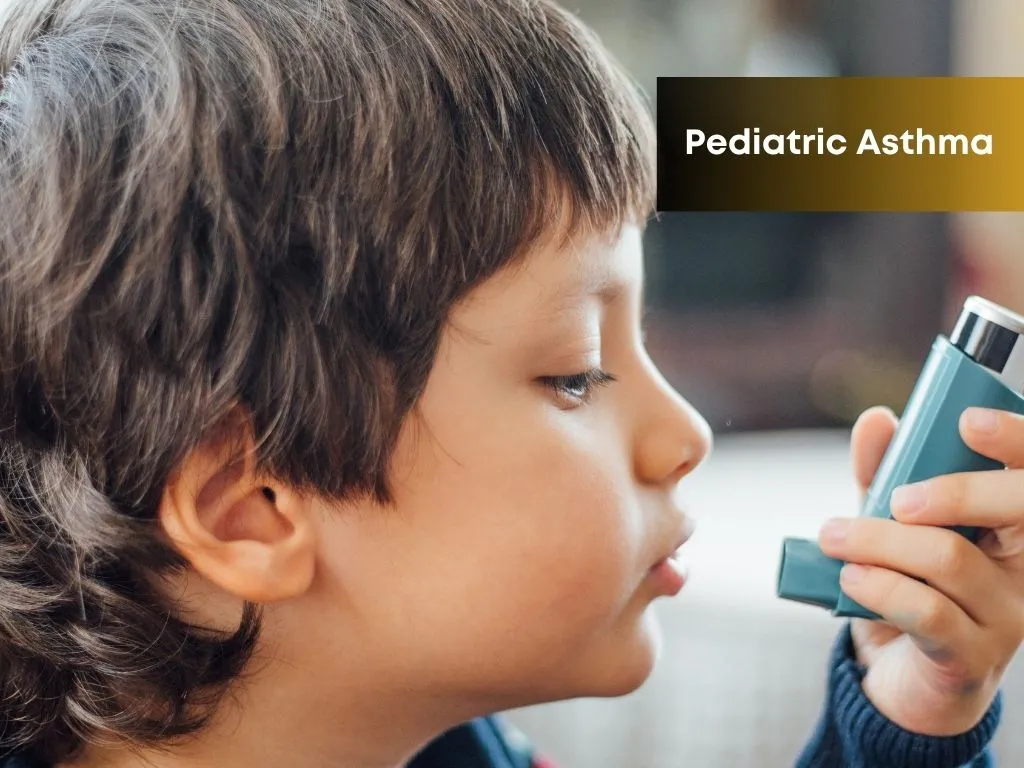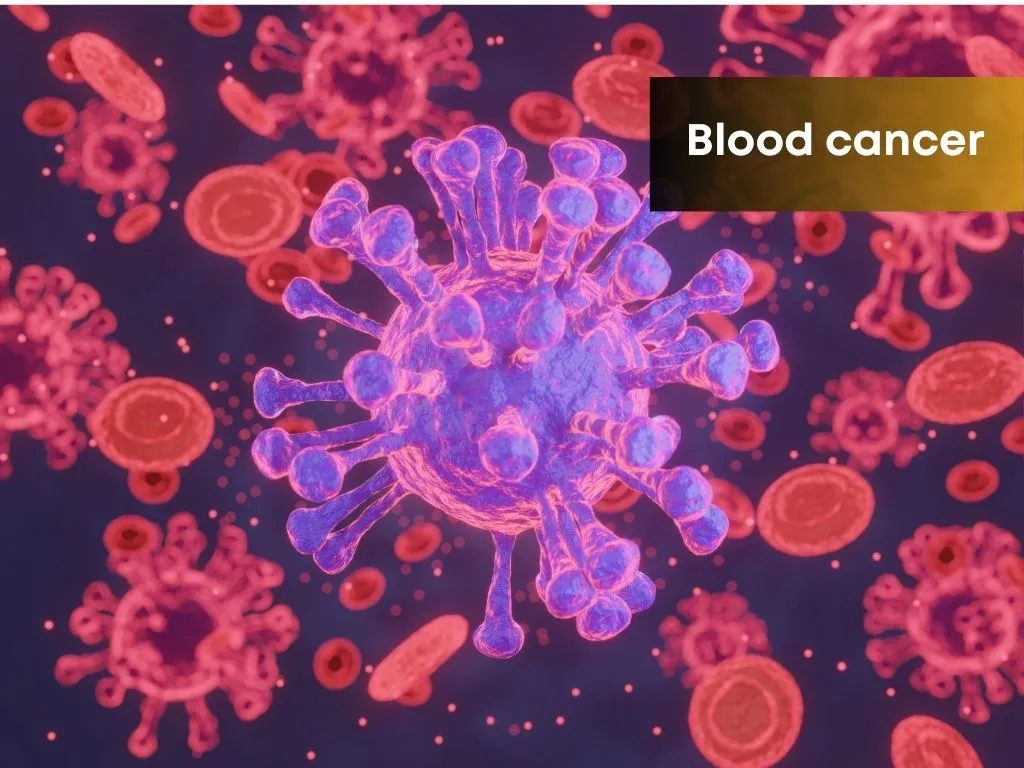Overview
Alopecia
areata is a common autoimmune disorder that causes hair loss on the scalp and
other areas of the body. It is characterized by the immune system mistakenly
attacking the hair follicles, leading to hair loss. The exact cause of alopecia
areata is not fully understood, but it is believed to involve a combination of
genetic, environmental, and immune system factors.
Causes
Alopecia areata is
considered an autoimmune disorder because the immune system mistakenly
targets the hair follicles, treating them as foreign invaders. This attack
on the hair follicles disrupts the normal hair growth cycle, leading to
hair loss.
It
can affect people of all ages, races, and genders. The condition often first
appears during childhood or adolescence, but it can occur at any age. While the
majority of people with alopecia areata are otherwise healthy, there may be an
increased risk in individuals with a family history of autoimmune disorders.
Immune System Dysfunction: In alopecia areata, the immune system mistakenly attacks healthy hair follicles. This immune response disrupts the normal hair growth cycle, resulting in hair loss.Loss of Immune Privilege: Normally, hair follicles in the anagen phase (active growth phase) exhibit immune privilege, which means they are protected from immune attack. However, in alopecia areata, immune privilege may be lost, allowing autoantigens from hair follicles to be presented to autoreactive CD8+ T cells. This leads to an autoimmune attack on the anagen follicles, causing premature transition to the telogen (resting) phase and eventual hair loss.Genetic Susceptibility: Genetic factors play a role in alopecia areata. Certain susceptibility genes contribute to an individual’s risk of developing the condition.
Other Factors: While the exact triggers remain unclear, other factors associated with alopecia areata include:
Chromosomal Disorders: Conditions like Down syndrome.Polyglandular Autoimmune Syndrome Type 1: An autoimmune disorder affecting multiple endocrine glands.Other Autoimmune Conditions: Such as vitiligo (skin depigmentation) and thyroid disease.
Remember that alopecia areata can affect people psychologically, potentially leading to depression.
Symptoms
The primary symptom of
alopecia areata is the sudden appearance of small, round patches of hair
loss on the scalp. In some cases, the condition can progress to total hair
loss on the scalp (alopecia totalis) or even complete loss of body hair
(alopecia universalis). The skin in the affected areas is usually normal
and there are no other visible signs of inflammation.
The main symptom of alopecia areata is hair loss that happens in patches of
several centimeters or less.
Hair Loss : May Happens in face, chest, back, arms, legs.Patches of Hair Loss: These patches can occur on various parts of the body, including the scalp, facial hair, eyebrows, eyelashes, and body hair.Nail Changes: Some individuals with alopecia areata may notice dents or pits (cupuliform depressions) in their nails. These changes can make the nails feel coarse or gritty, similar to sandpaper.Itching or Burning Sensation: People affected by alopecia areata may experience itching, tingling, or a burning sensation in the areas where hair loss is imminent or has already occurred.Gray or White Hairs: In the affected areas, you might observe the growth of gray or white hairs.
Treatment: Modern Medicine
Topical Treatments:
corticosteroids: These are commonly prescribed to reduce inflammation and suppress the immune response in the affected areas.minoxidil: This over-the-counter medication is applied directly to the scalp to promote hair growth. It's available in various strengths and formulations.Intralesional Corticosteroid Injections: A healthcare provider injects corticosteroids directly into the bald patches to suppress the immune response and stimulate hair regrowth.Systemic Treatments:
Oral corticosteroids: In severe cases, oral corticosteroids may be prescribed to reduce inflammation and modulate the immune response throughout the body.JAK inhibitors: Janus kinase (JAK) inhibitors, such as tofacitinib and ruxolitinib, are emerging as potential treatments for alopecia areata. They work by blocking the signaling pathways involved in the autoimmune response.Immunosuppressants: Drugs like cyclosporine or methotrexate may be prescribed to suppress the immune system and reduce inflammation.Light Therapy:
Phototherapy: Narrowband ultraviolet B (NB-UVB) therapy involves exposing the affected skin to controlled doses of UVB light. This treatment may help stimulate hair regrowth in some individuals.Platelet-Rich Plasma (PRP) Therapy: This involves injecting the patient's own concentrated platelets into the scalp to stimulate hair follicle activity and promote hair growth.Hair Transplantation: In cases where alopecia areata causes permanent hair loss, hair transplantation techniques, such as follicular unit transplantation (FUT) or follicular unit extraction (FUE), may be considered to restore hair in the affected areas.
Treatment: Traditional Medicine
Herbal Remedies:
Aloe vera: Aloe vera gel may be applied topically to the scalp to soothe inflammation and promote hair growth.Ginseng: Ginseng supplements or extracts are believed to have anti-inflammatory properties that may help alleviate symptoms of alopecia areata.Rosemary oil: Massaging the scalp with rosemary essential oil is thought to improve circulation and stimulate hair follicles.Nutritional Supplements:
Biotin: Biotin, also known as vitamin B7, is commonly recommended for promoting healthy hair growth. It's available as a supplement and can also be found in foods like eggs, nuts, and leafy greens.Omega-3 fatty acids: Consuming foods rich in omega-3 fatty acids, such as fish oil, flaxseeds, and walnuts, may support overall hair health and reduce inflammation.Zinc: Adequate zinc intake is essential for healthy hair growth. Foods like oysters, beef, and pumpkin seeds are good dietary sources of zinc.Scalp Massage and Acupressure:Massaging the scalp with essential oils or using acupressure techniques may help improve circulation to the hair follicles and stimulate hair growth.Stress Reduction and Lifestyle Modifications:Managing stress through techniques like meditation, yoga, or deep breathing exercises may help reduce flare-ups of alopecia areata, as stress is believed to be a potential trigger.
Caution
Consult a Professional: If you suspect you have alopecia areata or experience sudden hair loss, seek medical advice promptly. A dermatologist can provide an accurate diagnosis and recommend appropriate treatments.Avoid Self-Diagnosis: While it’s natural to explore information online, avoid self-diagnosis based solely on internet searches. Many conditions can cause hair loss, and a professional evaluation is crucial.Treatment Risks and Benefits: Understand the potential risks and benefits of different treatments. Some medications may have side effects, and not all treatments work equally well for everyone.Psychosocial Impact: Hair loss can be emotionally challenging. Consider seeking support from friends, family, or support groups. Mental well-being is essential during the treatment process.Patience: Hair regrowth takes time. Be patient and consistent with your treatment plan. Results may not be immediate, but persistence pays off.
Prevention
Maintain a Healthy Lifestyle: Eating a balanced diet rich in vitamins, minerals, and essential nutrients can support overall hair health. Regular exercise and adequate sleep also contribute to general well-being, which may indirectly benefit the health of the hair and scalp.Manage Stress: Stress is considered a potential trigger for alopecia areata flare-ups. Practicing stress-reduction techniques such as mindfulness meditation, yoga, deep breathing exercises, or engaging in hobbies and activities that you enjoy can help lower stress levels and promote emotional well-being.Avoid Harsh Hair Treatments: Limiting exposure to harsh chemicals found in hair dyes, bleaches, and styling products can help prevent damage to the hair and scalp. Opt for gentler, natural hair care products whenever possible.Protect Your Scalp: Protecting the scalp from excessive sun exposure, extreme temperatures, and environmental pollutants can help maintain its health and reduce the risk of irritation or inflammation that may trigger alopecia areata.
 Nalamaree Team
Nalamaree Team




















.jpg.webp)
